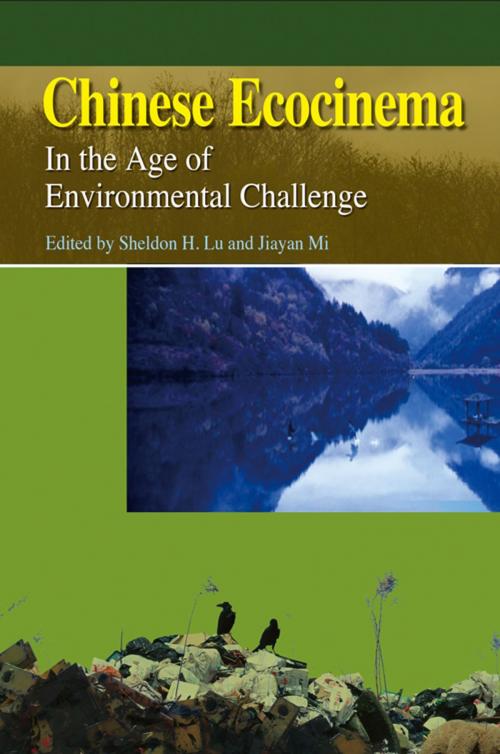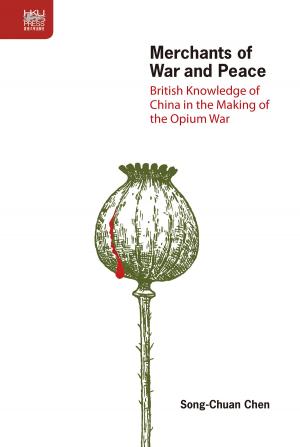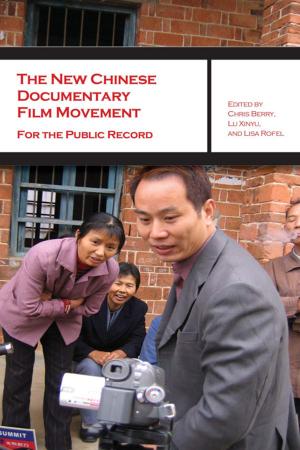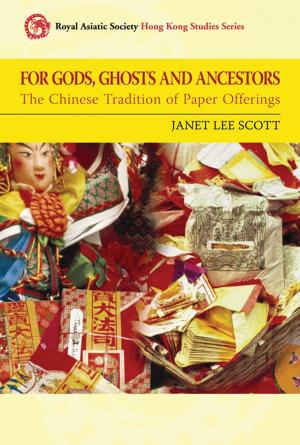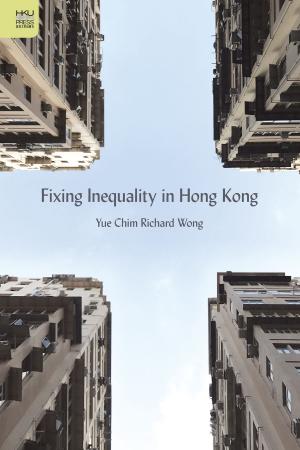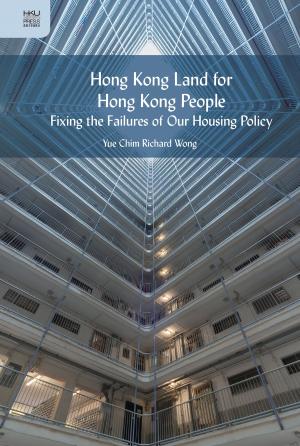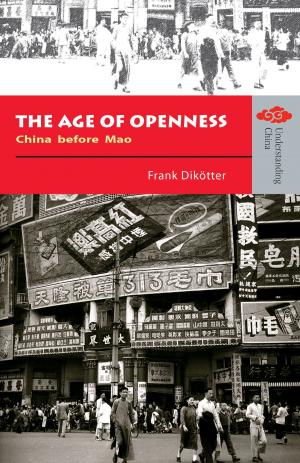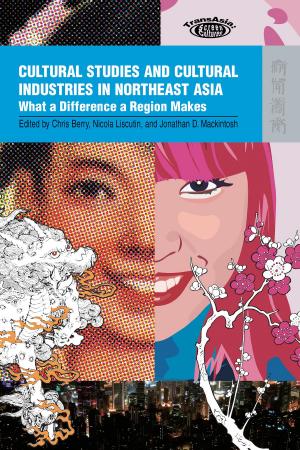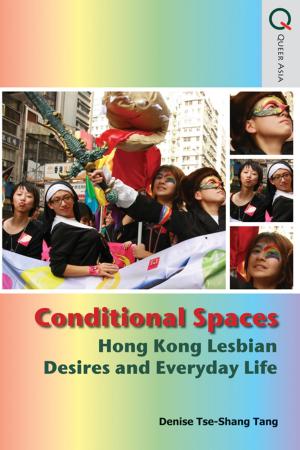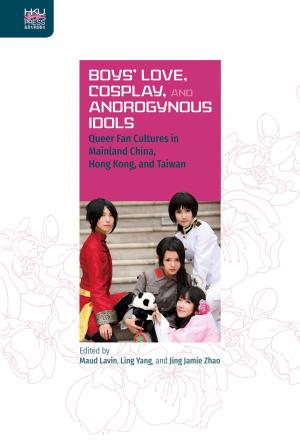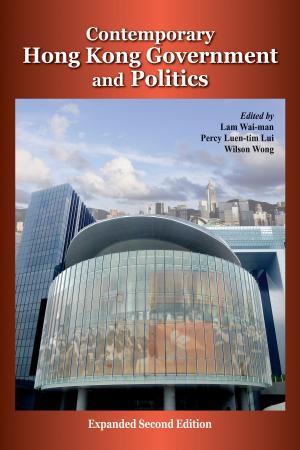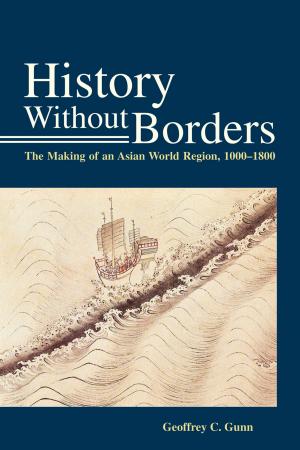| Author: | Hong Kong University Press | ISBN: | 9789882205383 |
| Publisher: | Hong Kong University Press | Publication: | December 15, 2009 |
| Imprint: | Language: | English |
| Author: | Hong Kong University Press |
| ISBN: | 9789882205383 |
| Publisher: | Hong Kong University Press |
| Publication: | December 15, 2009 |
| Imprint: | |
| Language: | English |
This anthology is the first book-length study of China’s ecosystem through the lens of cinema. Proposing “ecocinema” as a new critical framework, the volume collectively investigates a wide range of urgent topics in today’s world: Chinese and Western epistemes of nature and humanity; the dialect of socialist modernization amid capitalist globalization; shifting configurations of space, locale, cityscape, and natural landscape; gender, religion, and ethnic cultures; as well as bioethics and environmental politics. The individual chapters zero in on diverse Chinese-language films by talented directors such as Zhang Yimou, Chen Kaige, Tian Zhuangzhuang, Jia Zhangke, Lou Ye, Fruit Chan, Wu Tianming, Tsai Mingliang, Li Yang, Feng Xiaogang, Zhang Yang, Wang Xiaoshuai, Wang Bing, Ning Hao, Zhang Ming, Dai Sijie, Wanma Caidan, and Huo Jianqi. The book is a timely engagement with Chinese cinema’s ecological consciousness in a historic moment of unparalleled environmental crises and destruction. In the coming decades, film will be one of the primary ways in which China adopts and expands ecological consciousness. This book will interest scholars in film studies, environmental studies, ecocriticism, gender and cultural studies, Chinese studies, and globalization.
This anthology is the first book-length study of China’s ecosystem through the lens of cinema. Proposing “ecocinema” as a new critical framework, the volume collectively investigates a wide range of urgent topics in today’s world: Chinese and Western epistemes of nature and humanity; the dialect of socialist modernization amid capitalist globalization; shifting configurations of space, locale, cityscape, and natural landscape; gender, religion, and ethnic cultures; as well as bioethics and environmental politics. The individual chapters zero in on diverse Chinese-language films by talented directors such as Zhang Yimou, Chen Kaige, Tian Zhuangzhuang, Jia Zhangke, Lou Ye, Fruit Chan, Wu Tianming, Tsai Mingliang, Li Yang, Feng Xiaogang, Zhang Yang, Wang Xiaoshuai, Wang Bing, Ning Hao, Zhang Ming, Dai Sijie, Wanma Caidan, and Huo Jianqi. The book is a timely engagement with Chinese cinema’s ecological consciousness in a historic moment of unparalleled environmental crises and destruction. In the coming decades, film will be one of the primary ways in which China adopts and expands ecological consciousness. This book will interest scholars in film studies, environmental studies, ecocriticism, gender and cultural studies, Chinese studies, and globalization.
